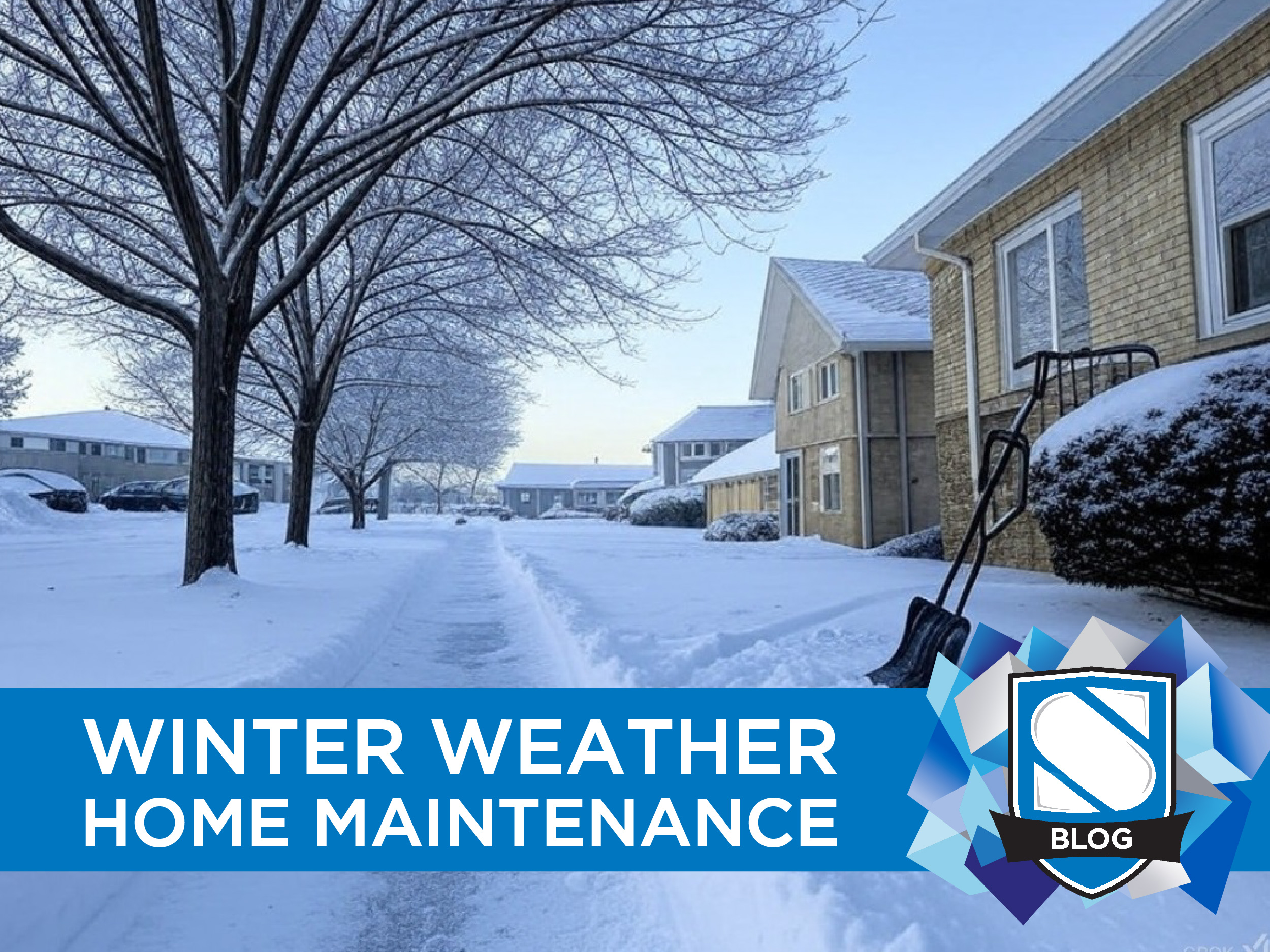Unless your neighbour’s name is Ned Flanders, chances are they’re probably going to do something you don’t like at some point. In fact, chances are, you’re going to do something they don’t like as well. Even good neighbours run into the occasional spot of friction.
If you find yourself in disagreement with your neighbours, you’re not alone. Disputes between neighbours are a frequent occurrence, often over predictable things. The important thing is how you deal with them.
Some of the most common disputes include:
Boundary disputes
This is a classic. It seems like nothing can break a community apart faster than a wayward hedge or carelessly placed fence. A casual indifference to property lines is one of the surest ways to end up with a fight on your hands.
Boundary disputes also take an ugly turn when it’s unclear who is responsible or has ownership of what. Say you have a big beautiful tree in your backyard that you love, but it’s grown out in the past few years and now the branches are drooping over on your neighbour’s side. Ol’ “Blackthumb the Treekiller” is already revving up his chainsaw in anticipation of the coming cedar massacre. It’s your tree, but on his property – a sticky situation when you want to enjoy the shade and he wants to turn it into firewood.
Noise complaints
Noise complaints come in an endless variety. From 1:00 am parties that wake up the entire block, to thoughtless DIY projects conducted at stupid-O’-clock in the morning on the weekend, to the freshly retired guy up the street who finally bought that Harley he’s always wanted – and now won’t stop revving it in the driveway. Noise complaints are a constant of the universe.
This is one of those issues where the police can intervene during certain times of the day, but are difficult to deal with outside of the wee hours. If your neighbour’s three hour long mid-afternoon drumming sessions just happen to overlap when your 6 month old wants to take her nap time, you’re probably going to have to work out the issue on your own.
Those darn kids
Some kids just don’t understand the concept of boundary lines, personal property, and why you don’t stomp on the petunias. Other kids understand the concept, but just think tossing rocks and hopping fences is more fun.
Children can be a real source of consternation in a neighbourhood. 99% of the time, this can be solved with a simple phone call or knock on the door to the parents. But, there is always that 1% who can’t (or won’t) believe their little darling could be capable of doing a wrong. If the behaviour keeps up without any parental intervention, you could be placed in the awkward position of calling the cops on a ten year old. Yikes.
The Jones aren’t keeping up
When a neighbour allows their property to decline, it can become a problem for everyone around them. While some shaggy grass or a few weeds is understandable, when one home looks like a miniature war-zone and drives down the curb appeal or property value of the nearby lots, tempers mount. Especially if the nearby neighbours are looking to sell or rent their place.
Again, while many municipalities have bylaws that enforce a certain standard of care, these are often nebulous and difficult to enforce. Everyone has the right to the eyesore they desire, so there might not be much you can do about your neighbour’s tacky decorations, or orange and pink paint scheme.
Other issues, such as not cleaning up after messy pets around the neighbourhood, failing to clear their sidewalk during the winter, or an excess of garbage that is attracting vermin are immediate safety concerns. In such a scenario, it is generally easier to seek official enforcement.
Yeah, that sounds like my jerk of a neighbour. Should I go after them in court?
Whoa, easy there partner. While you might feel frustrated with something your neighbour is doing, and you may even have a decent bone to pick (legally speaking), you’re going to want to think long and hard before pulling the trigger on any legal action.
If a dispute with your neighbour escalates to full-on legal action, you’ve likely reached a point where nobody will win. Legal expenses for even a minor argument, such as a fence built a few inches over a property line, can still cost tens of thousands of dollars and take ages to process. Even if you “win,” you will likely have poured so much money, time, and frustration into the proceedings that it will be a hollow victory indeed.
That’s even if the court will hear your case. In Ontario, the court can refuse to hear cases it considers “trifles.” Unless you can demonstrate that your neighbour is causing unreasonable interference with the use and enjoyment of your property with whatever they are doing, you’re on your own. If you promise legal hellfire on your neighbour then fail to even have the case heard, that may only embolden your next-door nemesis.
What should you do?
First, the obvious: make sure you’ve exhausted all polite and friendly avenues already. While it can be awkward to bring a dispute forward, often times things can be settled with a conversation and some fair compromise.
If your neighbour is belligerent or unwilling to budge, you will want to consider an “alternative dispute resolution.” Many communities have separate resolution systems set up specifically to deal with these issues without needlessly bogging down the courts, or bankrupting every party involved in the process. These are mediators and arbitrators who will hear both sides of the issue and come up with a solution that may or may not be binding, but will hopefully satisfy everyone.
If you and your neighbour are locking horns with any of the issues above or anything else, handle the situation, but handle it intelligently. Try to tackle it as soon as you can (the longer an issue goes on, the more entrenched everyone’s positions become), but do everything you can to settle it without the courts involvement if possible.














0 Comments